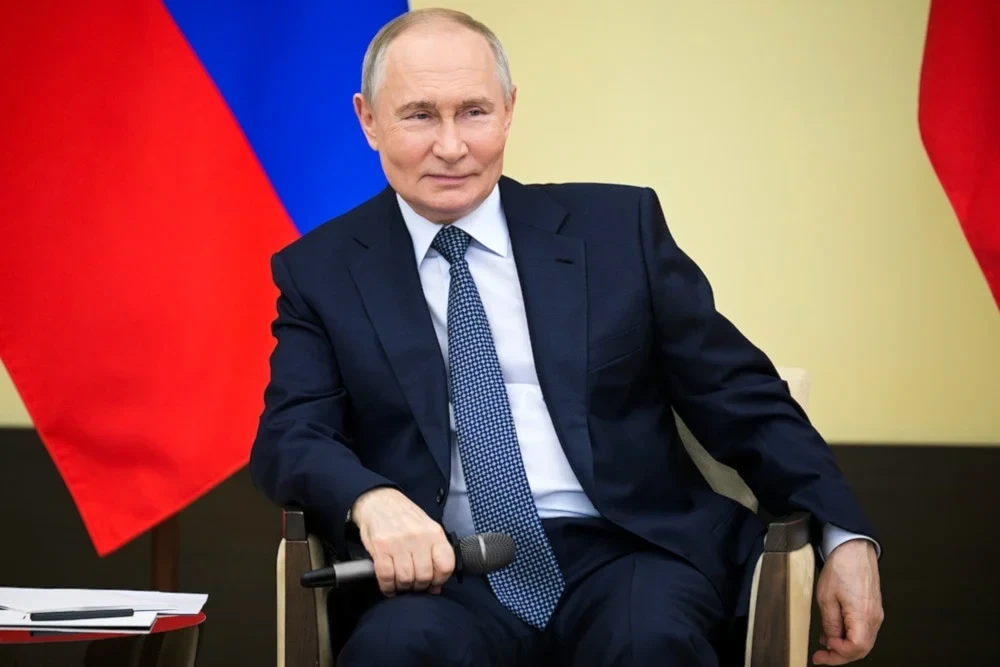Putin visits Kursk Region for first time since ousting of Kiev forces
Russian President Vladimir Putin visited the Kursk Region on May 20, marking his first trip since the area was declared liberated on April 26.
-

Russian President Vladimir Putin attends a meeting in Moscow, Russia on December 2, 2024. (AP)
Russian President Vladimir Putin visited the Kursk Region on May 20 in his first trip since the area bordering Ukraine was declared liberated by Russian forces on April 26.
The visit came amid renewed security concerns in the western frontier and was intended to show federal support for the region, now experiencing intensified Ukrainian attempts at destabilization.
This marked Putin’s second visit to the region this year, the first having taken place on March 12, when he held a meeting at a forward command post with military leaders.
At that time, Chief of the General Staff Valery Gerasimov reported to Putin on the encirclement of Ukrainian Armed Forces units in the area.
During that earlier trip, Putin also visited the Kursk Nuclear Power Plant-2 under construction, held a strategy session in Kurchatov with regional officials, and met with local volunteers, praising them for their “important and noble” work, which he said would “remain with them for the rest of their lives.”
Volunteers, officials join meeting with the Russian president
During Tuesday's visit, Putin once again met with volunteers, alongside Acting Governor Alexander Khinshtein and First Deputy Chief of Staff Sergey Kiriyenko. The Kremlin released footage on Wednesday showing Putin engaging with residents and reaffirming the strategic importance of securing border regions.
The Russian president emphasized that despite the recent liberation, “the enemy is still trying to move towards the Russian border.” He accused Ukrainian militants of striking Soviet World War II monuments, calling such acts proof of adherence to "neo-Nazi ideology." “Even in a contest of idiots, they would take second place. Why? Because they are idiots,” Putin said. “By doing so [targeting the monuments], they show who they are.”
Putin used the visit to show national unity as a key pillar of Russia’s current military and political strategy. “The whole country is one team today. And this is the unconditional success of all our endeavors. These are the necessary conditions for achieving all our goals,” he said.
He noted that while ammunition and military equipment are vital, the commitment and resolve of individuals willing to act in service of the state remain paramount. The Russian leader also acknowledged the role of clergy, stating that their presence is essential “both in peacetime and now, during this ordeal.”

 3 Min Read
3 Min Read










